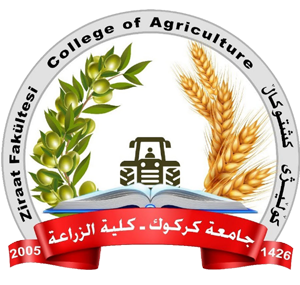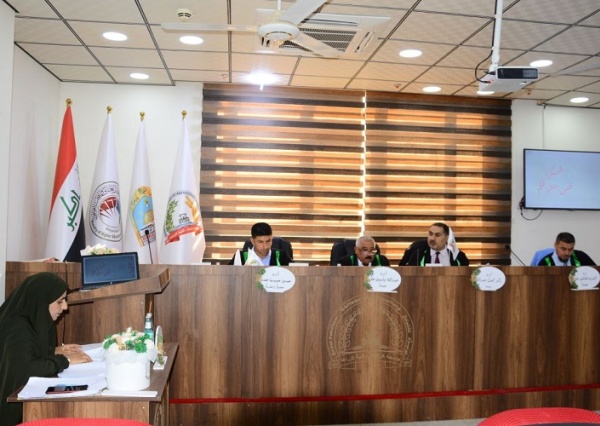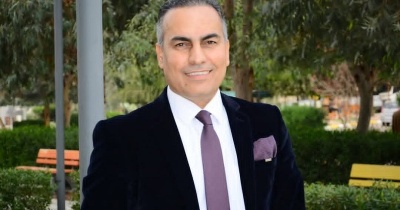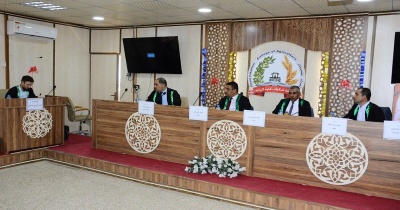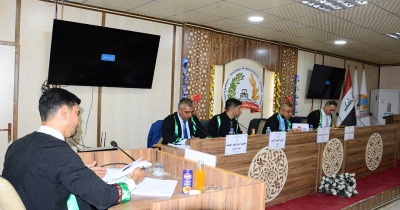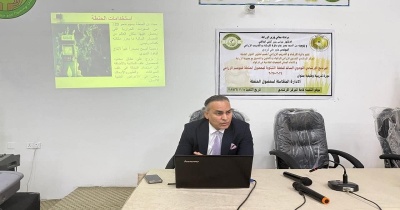Department of Field Crops
The Field Crops Department was established in 2012 AD as a response to the demand of the labor market, as Kirkuk Governorate, with its various agricultural regions, is considered one of the advanced governorates in the production of major field crops. The department studies all sciences related to the cultivation, maintenance, breeding, and improvement of plants included within field crops. The department is provided with advanced laboratories, in addition to allocating fields within the Agricultural research and experiments station for the department’s students. In 2016, a master’s study was established in the department, and in 2022 an integrated study was presented to create a doctoral study in the department, and the necessary approvals are awaited for that.
A cooperation agreement was signed with the Agricultural Training Extension Center in Kirkuk. The terms of the agreement include the department’s teachers giving lectures, participating in the training courses that the center holds for farmers in the governorate, and supervising the Ministry of Agriculture’s programs implemented in the center’s experimental fields. The department’s teachers also participate in scientific committees within And outside the university, the center’s fields are actual viewing stations for undergraduate students and centers for conducting research for postgraduate students. The department is headed by Prof. Dr. Khattab Abdullah Mohammed.
Vision:
- Providing a specialized staff to work in government institutions, private sector and related centers.
- Linking theoretical with practical results by implementing research projects for under and postgraduate students and updating results by using the recent technologies to reach high production and quality improvement.
- Exchange of experiences between academic staff and government institutions through conducting field visits for students of under and postgraduate studies and joint research between the department's employees, research and scientific centers, institutions and their implementation in farmer fields.
- Expansion in production areas vertically and horizontally, by increasing in the production mechanisms of field crops like (crop breeding, crop production, crop technology, control and reduction of disease and insect infections).
- Increasing practical models to enhance students' skills in a way that contributes to serving the labor market.
Mission:
According to the department tasks and duties which requires to carry out through to deliver modern technologies to the province farmers, especially the cultivation of strategic crops such as wheat, yellow corn and other crops that are common in Kirkuk Governorate, in a way that ensures an increase cultivated areas for low and medium-fertile lands and encourages intercropping and successive joint agriculture in different parts of Kirkuk Governorate, preparing agricultural stuff that graduated from the department to be on their way to the same vision and tasks, and coordinating with seed companies and seeds certified institution and grain silos to improve students skills.
Objectives:
- Awarding a bachelor degree in field crop science to graduates who are trained and qualified to work in the public and private sectors to serve the community.
- Providing scientific and technical consultations to state departments and private sector by specialized scientific stuff in the department in coordination with the advisory office in the college.
- Establishing skills development courses for various stuff within this department in a way that contributes to the development of society through the improvement of field crop cultivation in general and industrial crops in particular.
- Work on the introduction of modern technologies such as conservation agriculture techniques and follow sustainable methods in the cultivation of field crops to increase production.
- Organizing seminars, workshops and scientific conferences to discuss developments in the cultivation of field crops and invite beneficiaries to participate in them.
- Participation in scientific activities held by other universities such as local and international conferences, which contributes to expanding the horizons of knowledge and exchanging scientific experiences for the department's stuff.
- Holding training courses for graduates of the department appointed in governmental and non-governmental institutions to suit their skills with the requirements of those institutions as well as.
The Department's Staff
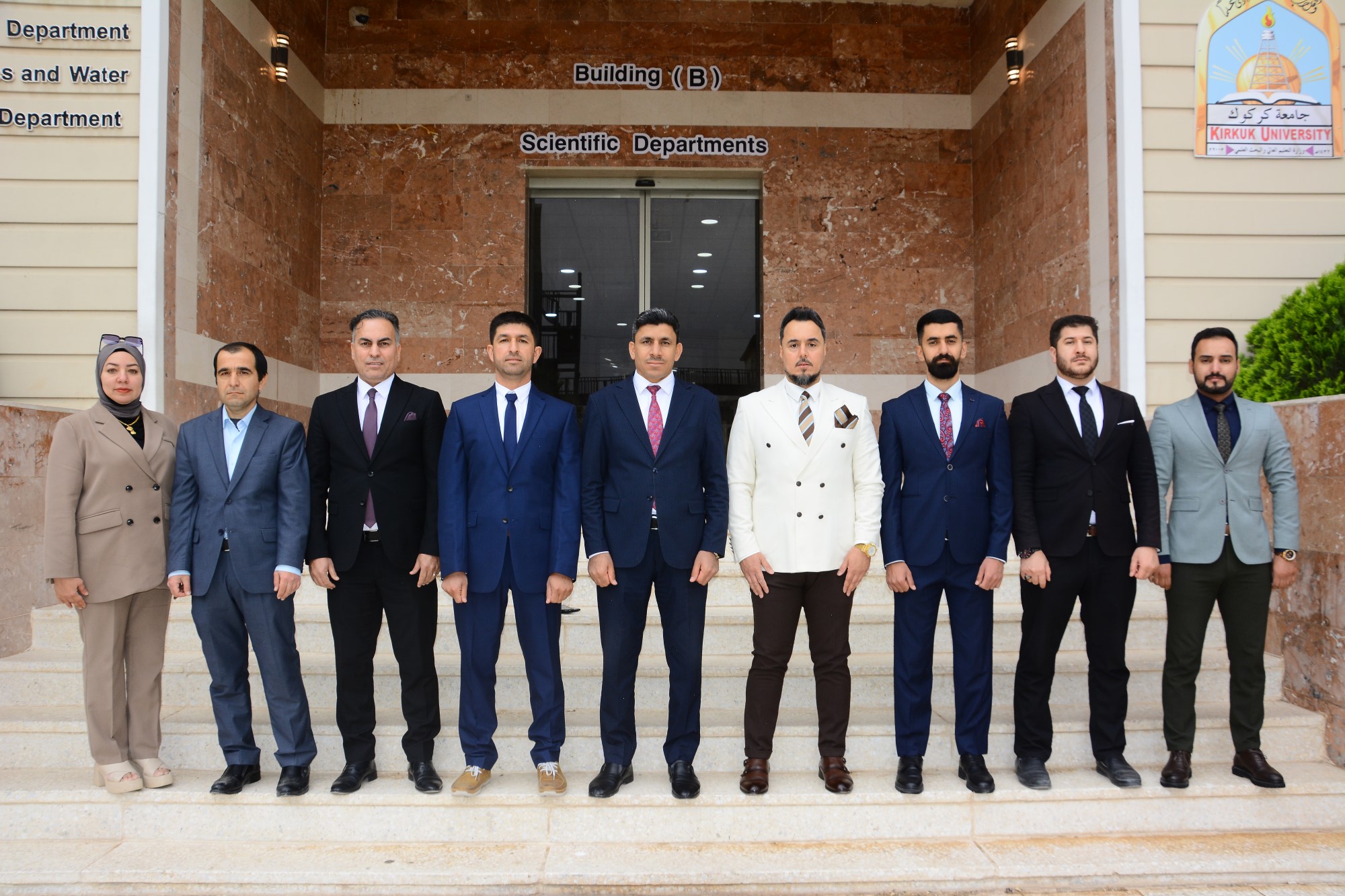
The Department's News and Activities
 No More Articles
No More Articles
